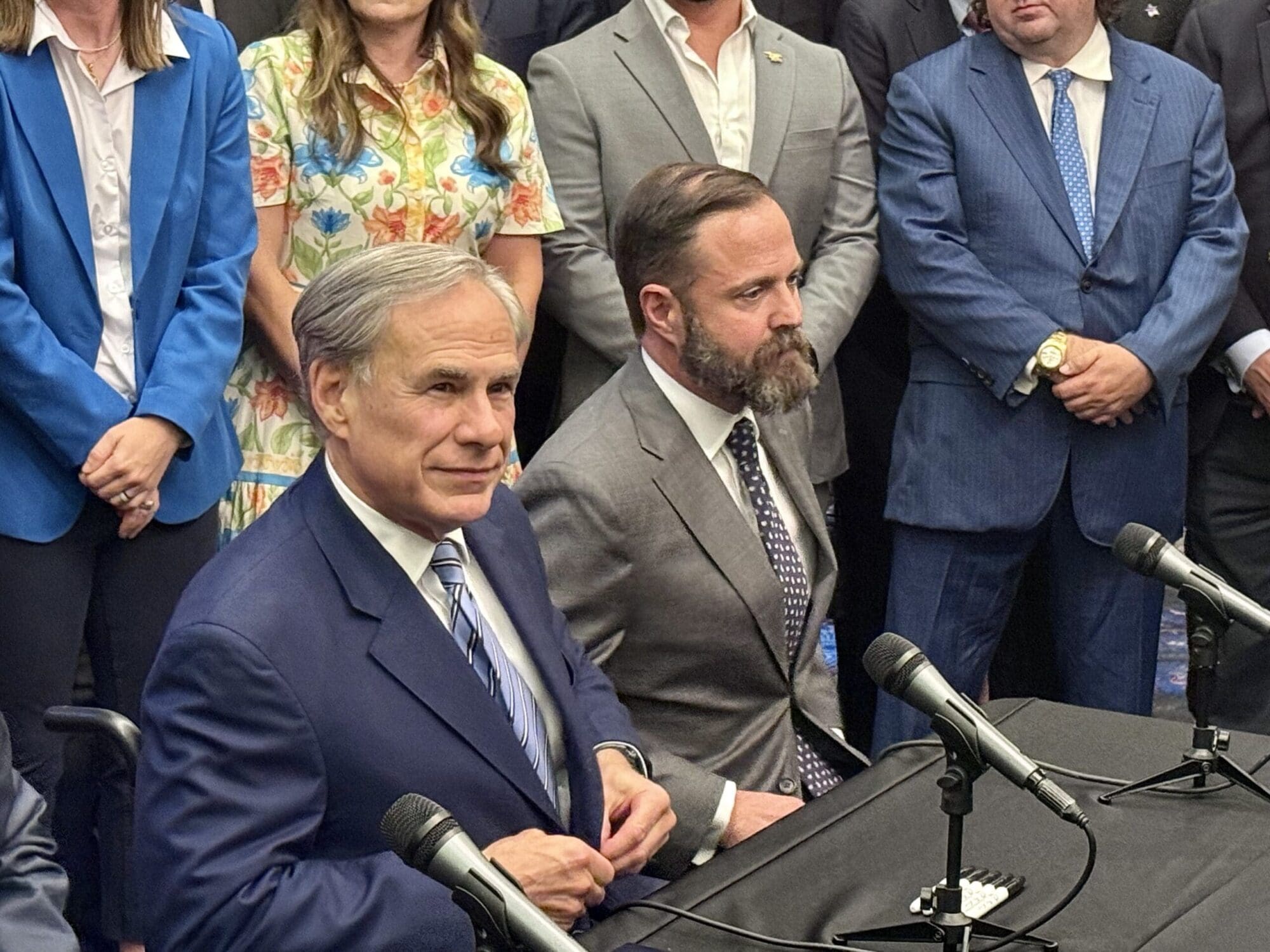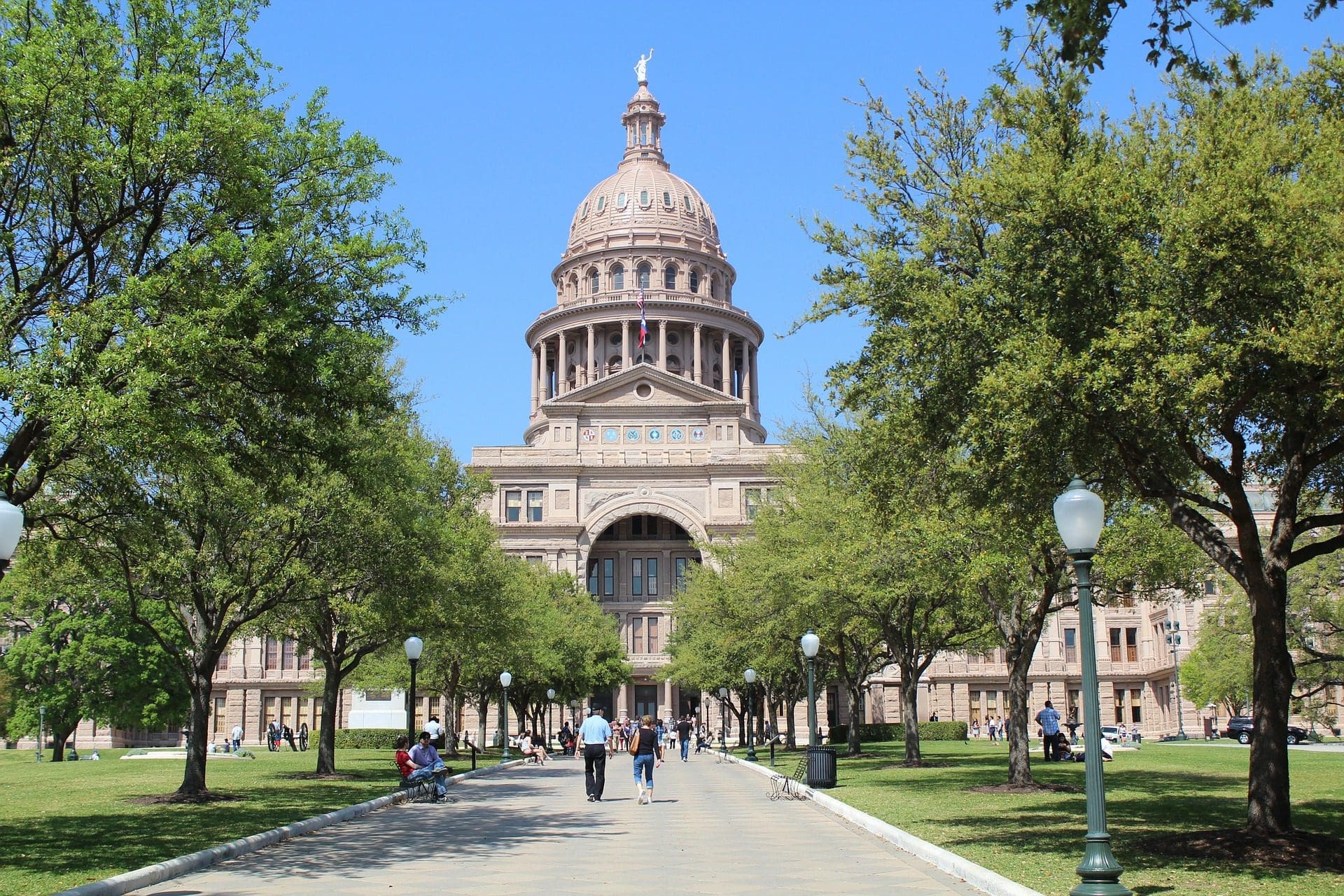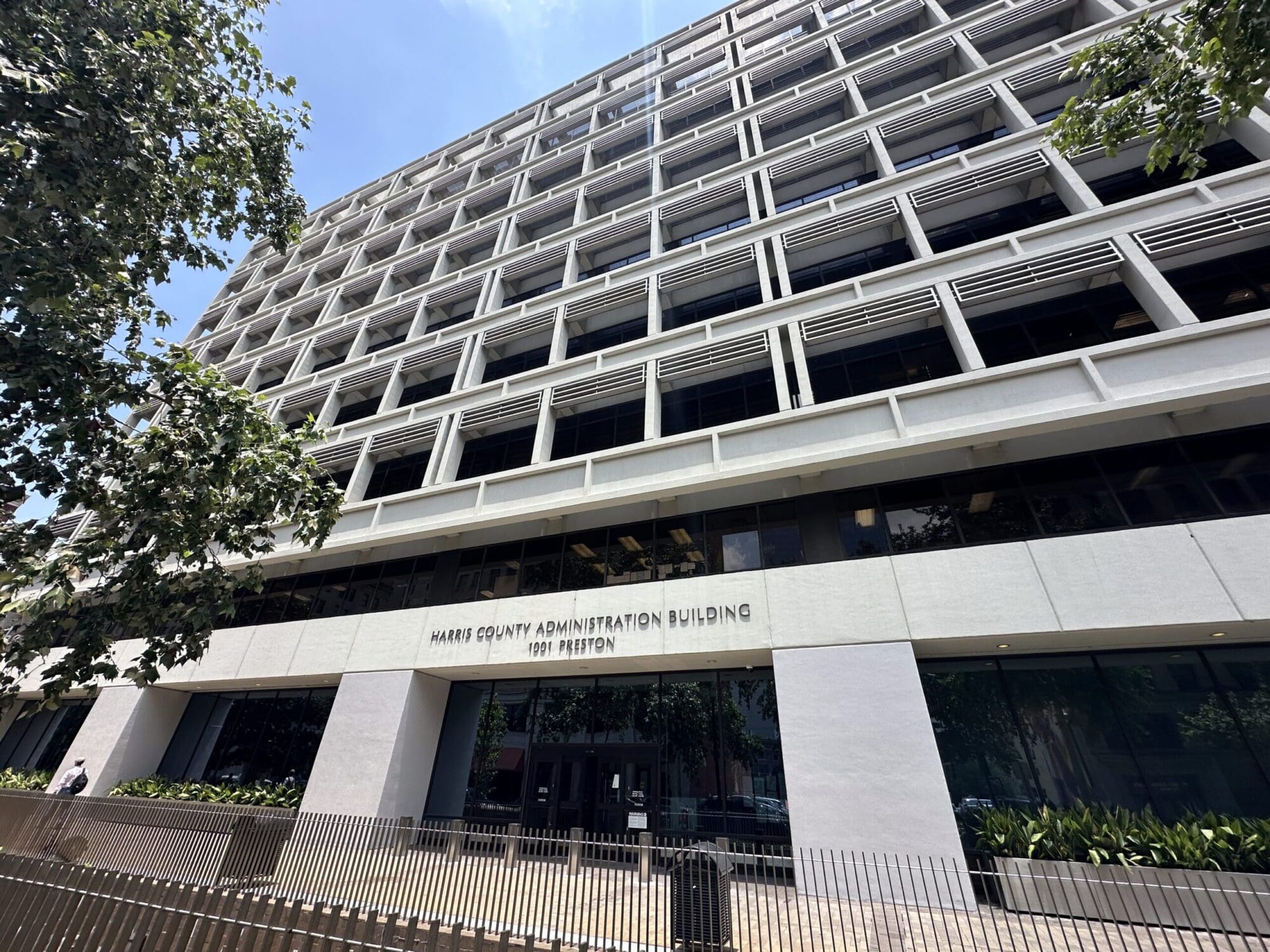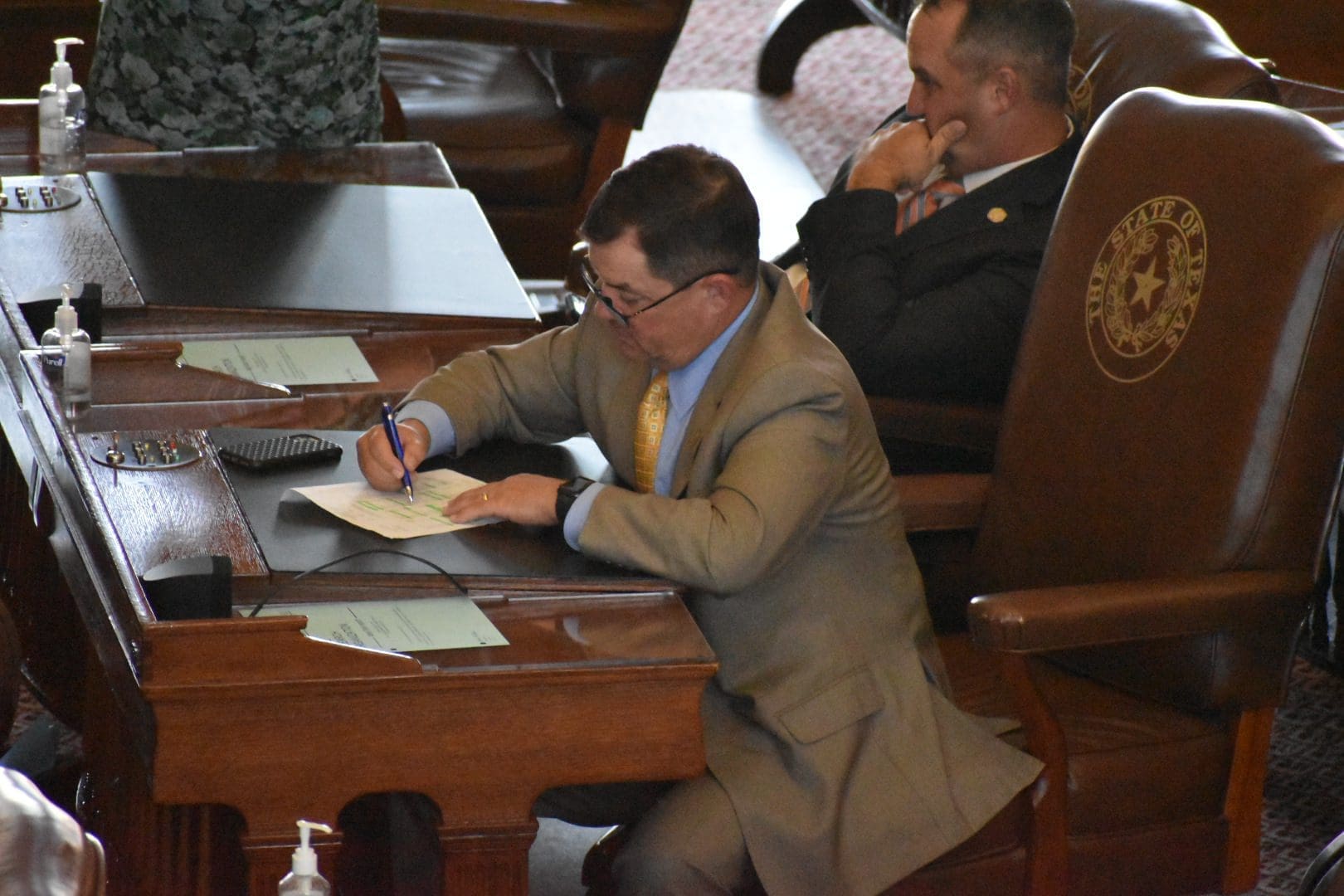“Get this. Cities & counties use your tax dollars ($200,000) to hire lobbyists to work against lowering your property taxes. They use your money to influence lawmakers to take more of your money. Help me stop this.”
Texas Gov. Greg Abbott tweeted these thoughts on an important issue many Texans are unaware of: tax-funded lobbying. Abbott wants to end the corrupt practice and, with Texas’ 86th legislative session less than a month away, debate over the topic is heating up.
Abbott’s tweet linked to an article exposing the City of Tyler’s plans to spend $200,000 on lobbyists this upcoming legislative session. Compared to the nearly $41 million local governments spent last year to lobby state legislators, Tyler’s $200,000 seems to be a drop in the bucket.
While some of those dollars go to hiring lobbyists directly, much of it is funneled through government associations like the Texas Municipal League (TML), Texas Association of Counties (TAC), and Texas Association of School Boards (TASB), whose legislative goals explicitly revolve around maintaining their members’ authority and revenue — often to the detriment of local taxpayers.
In other words, local governments are using residents’ tax dollars to pay lobbyists to advocate against the interests of these same residents.
But their messaging on issues, often parroted by local bureaucrats, doesn’t put their intent so plainly.
This was demonstrated recently by San Angelo’s City Manager Daniel Valenzuela in his op-ed in the city’s local newspaper.
Valenzuela touted TML’s efforts to prevent so-called “state government overreach,” saying their messaging on such issues is “Straightforward and sensible: Citizens should have a voice in matters that impact us, our neighbors and our community.”
Groups like TML have adopted this seemingly positive messaging: they are for “local control,” and the state is trying to undermine it. They say they want local citizens making their own decisions.
Yet as one begins to look a little deeper, the hypocrisy emerges.
The main topic of Valenzuela’s article is the danger of property tax reform. He described the proposition as “the most worrisome” of all and alleged it would have detrimental effects to public safety.
Ironically, the proposed property tax reform wouldn’t prevent local governments from increasing taxes; it would simply require them to ask voters for approval first if they want to raise taxes above a certain percentage.
In other words, the reform would do exactly what Valenzuela claims TML’s goal is: give citizens a voice when it comes to their tax bill.
Yet that is precisely the main reform TML is lobbying against, because giving citizens a voice over their property taxes would diminish the power of local bureaucrats.
In fact, an entire page of TML’s website gives talking points for testifying against Senate Bill 2, the lead property tax reform bill from the previous legislative session.
So not only are citizens’ tax dollars funding Austin lobbyists but, as seen in San Angelo, they’re funding the very propaganda parroted by city officials in their own newspapers.
Property tax reform failed to pass in 2017 in part because of the local government lobby and liberal House leadership. But with Abbott, Lt. Gov. Dan Patrick, and the Republican Party of Texas all championing the issue, combined with a new and arguably more conservative House speaker taking the helm in 2019, real reform for Texans could be on the horizon.
In the meantime, it’s imperative that taxpayers, “our neighbors and our community,” have a voice. That means letting your state representative know where you stand on property tax reform rather than letting government lobbyists, paid by your tax dollars, speak for you.




